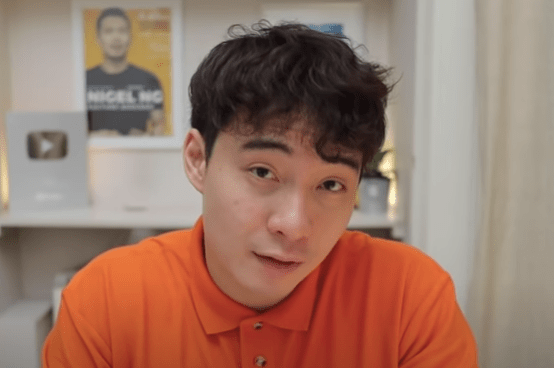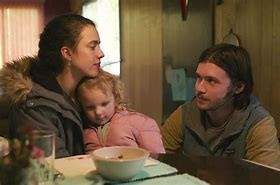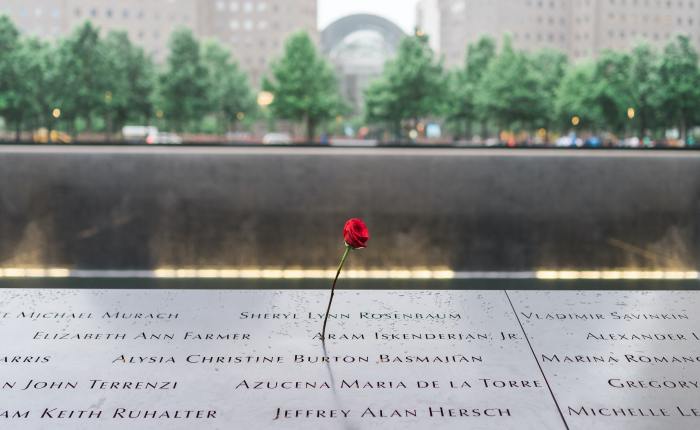Not everyone needs a partner and while it’s certainly nice to have one, it’s not necessary to have a happy life. And sometimes, a partner is not only someone who takes an emotional load off of you, but also a financial load. In this capitalist society, it seems you may even need a partner or roommate to afford a home and live the lifestyle you want. However, there is a difference between needing a partner economically and needing one emotionally. The first allows you to lead a more enriched life, but the second leaves you emotionally dependent on them. So when does it become toxic, because don’t we all want a strong, emotional connection with our partner? Although it’s nice to have the connection, when you depend on your partner to fulfill all your emotional needs to the point that you prioritize their well-being over yours, it becomes toxic. When this happens, everything becomes contingent on the other person staying in the relationship.
While this scenario may happen to men, it happens most often with women. Women tend to form more emotional bonds and find others to fulfill these roles. And so we must ask why they do this? Oftentimes, these women have unfulfilled emotional needs that stem from their childhoods in the form of unfulfilled parental love. Sometimes, it could be a traumatic event that opens a gaping hole in their psyche. Or perhaps they never learned about boundaries and accepting what is given to them. Whatever it is, it leads these women to feel as if they are lacking and it’s easier to find someone to try to pave over the hole than it is to investigate it themselves. On top of that, society rewards us for coupling up and finding a partner, so you feel fulfilled internally and externally when you do find someone. We’re expected to find someone and no one really questions who it is. Because of all these reasons, hetero women tend to seek out an emotional connection with men because we’re wired to.
Even though many of us seek out these emotional connections for healthy reasons, some of us do so because we think it fulfills a need that we cannot complete ourselves. It is perfectly reasonable to want to be emotionally connected to your partner, but if everything hinges on if that person stays or not, ask what you are missing within yourself. As humans, we will always seek out the company of others because we are social creatures, but some of us are masking our own emotional holes with relationships that are band-aids. That makes us ticking time bombs as we try to show the world that we’re doing ok, but internally, we are in so much turmoil and try to deflect with external relationships. Introspection can be a daunting task, but it truly is a form of self-love that will eventually lead us to our true self and that in turn will lead us to someone who will ultimately complement our lives.
Photo by The HK Photo Company on Unsplash






